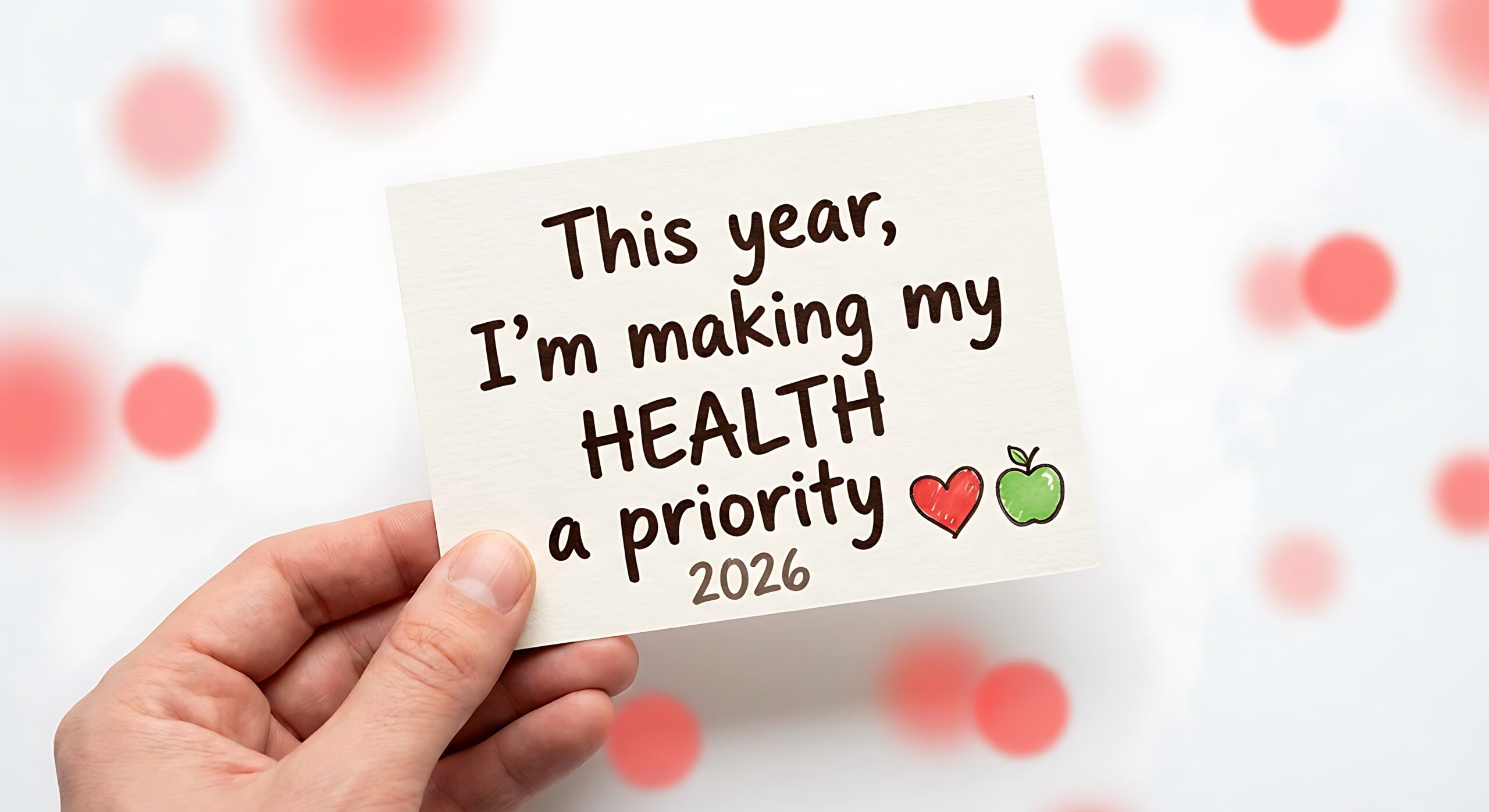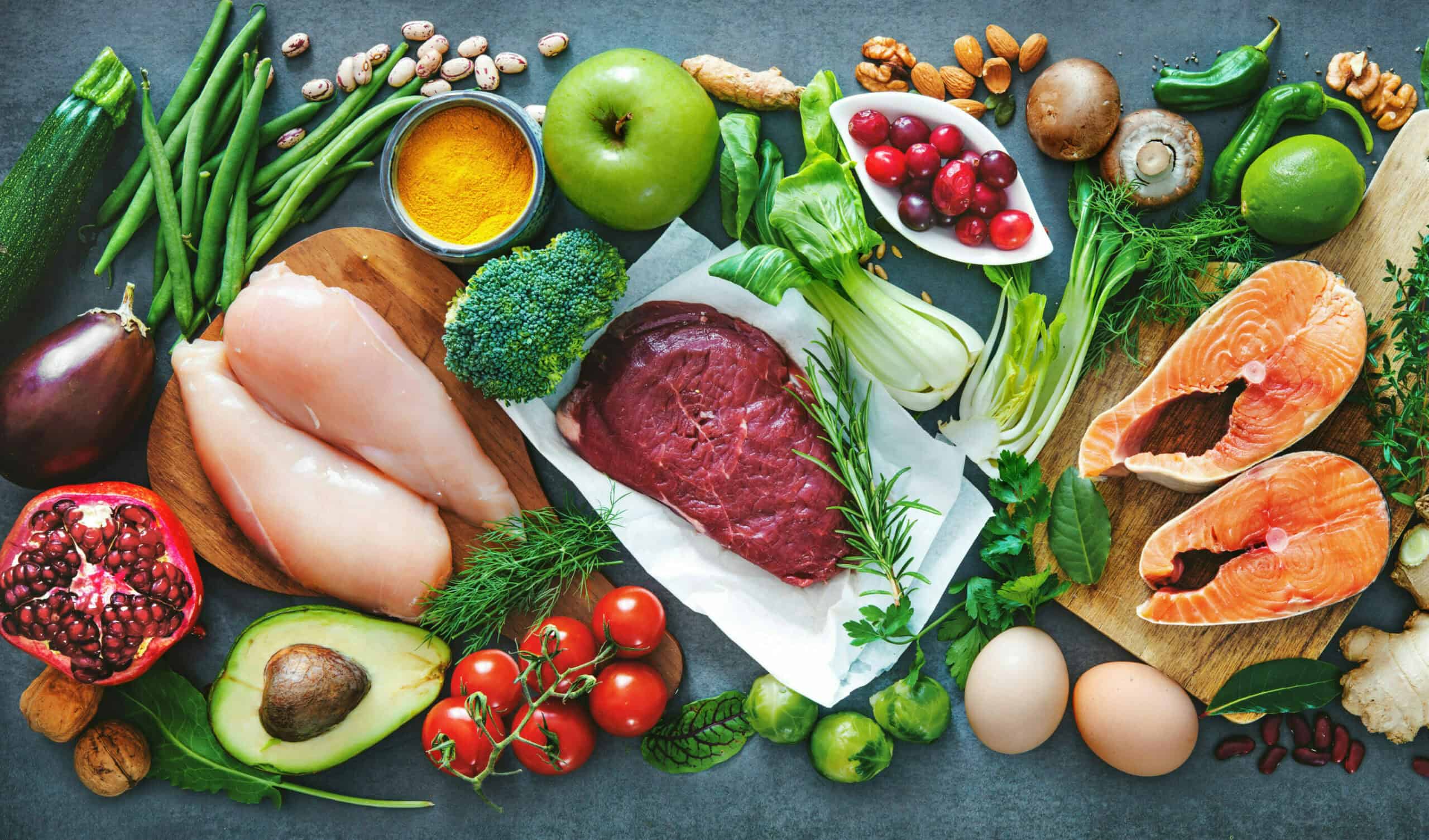One of the things that we focus on in the programs I run is food selection! We aim to eat a whole food diet with lots of veggies, protein, fruits and gluten free grains such as rice and quinoa. Whole food nutrition is so important! Processed foods like pretzels, crackers, chips, pasta, breads, cereals, etc dissolve in the mouth and don’t fill you up therefore allowing you to eat a lot of them! This volume increase carbs and calories, creates a major spike in your insulin levels which causes you to store fat, and makes you very hungry! One of the biggest things you can do to get back on track with weight loss is to cut out grains and gluten, AKA, slider foods! Grains and gluten wreak havoc on your diet, and on your body! Let’s take a closer look at why grains and gluten are problematic!
Grains make up a majority of the convenience food in the US, take up the largest portion of every grocery store and receive the most government farm subsidies! I always wonder, what if the government subsided fruit and veggies vs wheat and corn, making healthy food cheaper?!
We humans we spent thousands of years hunting and foraging. The menu was what nature served up: meats, nuts, leafy greens, veggies, some tubers and roots, the occasional berries or seasonal fruits and seeds. The more filling, the better. Then around 10,000 years ago, the tide turned. We were on the brink of the Agricultural Revolution. And, over time, grains became king. But, as countless archaeological findings suggest, people became smaller and frailer as a result of this new agrarian, grain-fed existence. Grains were certainly not any substantial part of the human diet prior to the Agricultural Revolution. Our digestive systems did not evolve to maximize the effectiveness of grain consumption. Just because you can tolerate grains to a certain degree, doesn’t mean your body was designed for them or that they’re healthy for you. We’re not talking about what will allow you to hobble along. We’re talking about the foods that offer effective and efficient digestion and nutrient absorption in the body. Foods that will make you feel and function the best.
The biggest issue with grains is the major havoc it plays with insulin and other hormonal response in the body. All carbohydrates you eat are eventually converted to glucose. While glucose is a fuel, it is actually very toxic in excess amounts unless it is being burned inside your cells, so the body has evolved a way of getting it out of the bloodstream quickly and storing it in those cells. It does this by having the liver and the muscles store some as glycogen. Cells in your pancreas sense the excess amount of glucose in the bloodstream after a meal and secrete insulin, a hormone whose job it is to allow glucose (and fats and amino acids) to gain access to muscle and liver cells.
Now here’s the problem: once those cells are full, as they are almost all the time with inactive people, the rest of the glucose is converted to fat. How ironic, though, that it’s not fat that gets stored as fat – its sugar.
This was an adaptive trait. But it didn’t evolve to handle the massive amounts of carbs we throw at it now. And, yes, we’re talking mostly about grains and sugar. Unless you are eating carrots nonstop, the average American’s majority of carb intake comes from grains.
And as for the nutritional value of grains? They aren’t the complete nutritional sources they’re made out to be. Grains have been associated with minerals deficiencies, perhaps because of high phytate levels. A diet high in grains may also reduce the body’s ability to process vitamin D. Whatever nutrients you can get from whole grains you can get in equal to greater amounts in other food. In terms of nutrient density, grains can’t hold a candle to a diverse diet of veggies and meats.
Grains are frankly hard on the digestive system. Gluten, the large, water-soluble protein that creates the elasticity in dough, is found in most common grains like wheat, rye and barley (and it’s the primary glue in wallpaper paste). Researchers now believe that a third of us are likely gluten intolerant/sensitive. That third of us “react” to gluten with a perceptible inflammatory response. Over time, those who are gluten intolerant can develop an array of medical conditions: dermatitis, joint pain, reproductive problems, acid reflux and other digestive conditions, autoimmune disorders, and Celiac disease. And that still doesn’t mean that the rest of us aren’t experiencing some milder negative effect that simply doesn’t manifest itself so obviously.
Lectins are mild, natural toxins that aren’t limited to just grains but seem to be found in especially high levels in most common grain varieties. They serve as one more reason grains just aren’t worth all the trouble that comes with them. Lectins inhibit the natural repair system of the GI tract, potentially leaving the rest of the body open to the impact of errant, wandering material from the digestive system, especially when these lectins “unlock” barriers to entry and allow larger undigested protein molecules into the bloodstream. This breach can initiate all kinds of immune-related havoc and is thought to be related to the development of autoimmune disorders. Some people are more sensitive to the damage of lectins than others, as in the case with gluten. Nonetheless, I’d say, over time we all pay the price.
Grains equal carbs. They are not the wholesome staples they’re made out to be. Your body will be much better off without inflammation, the insulin roller coaster, and the constant onslaught of gluten and lectins. A diet very low or entirely without grains has been shown to decrease risk for problems associated with diabetes, to lower blood pressure, alleviate heartburn symptoms, and shed abdominal fat.
So if your goal is to get back on track with weight loss, start by omitting grains! Once you cut out all slider foods you will find that you eat less and feel full faster! If you would like to learn more about slider foods, proper nutrition, and get back to losing weight, then join us for our next 6 week online program! I promise you will not regret it! Click below for more details.





